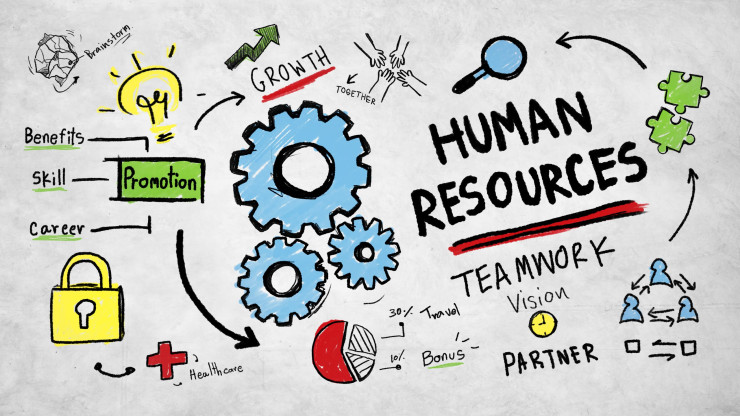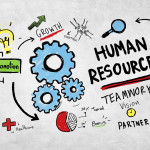Unveiling the Crucial Role of the Human Resources Department in Every Company

Umair Durrani
Mar 11, 2024
109
In the dynamic landscape of modern business operations, the significance of the Human Resources (HR) department cannot be overstated. Often regarded as the heartbeat of an organization, HR plays a pivotal role in fostering employee satisfaction, driving organizational growth, and ensuring regulatory compliance. In this blog post, we delve into the multifaceted importance of the HR department in a company's success.
1. Talent Acquisition and Recruitment
The HR department serves as the gateway to attracting and onboarding top talent. By crafting compelling job descriptions, leveraging recruitment channels, and conducting rigorous screening processes, HR professionals ensure that the right individuals are brought on board. In a competitive market, skilled employees are the cornerstone of success, making effective talent acquisition strategies imperative for organizational growth.
2. Employee Development and Training
Investing in employee development not only enhances individual skill sets but also contributes to overall organizational efficiency. HR spearheads training initiatives, workshops, and skill-building programs tailored to meet the evolving needs of the workforce. By fostering a culture of continuous learning and development, HR plays a pivotal role in nurturing employee potential and promoting career progression.
3. Performance Management and Feedback
Transparent performance management processes are essential for aligning employee goals with organizational objectives. HR facilitates performance appraisals, feedback sessions, and goal-setting exercises to evaluate employee performance objectively. By providing constructive feedback and recognition for achievements, HR fosters a culture of accountability and motivation within the workforce.
4. Employee Relations and Conflict Resolution
Effective communication and conflict resolution are vital for maintaining a harmonious work environment. HR serves as a mediator in resolving disputes, addressing grievances, and promoting positive employee relations. By fostering open dialogue and implementing fair policies, HR plays a crucial role in mitigating workplace conflicts and enhancing employee morale.
5. Compliance and Legal Responsibilities
Navigating the complex landscape of employment laws and regulations requires specialized knowledge and expertise. HR professionals ensure that the organization remains compliant with labor laws, industry standards, and regulatory requirements. From managing payroll and benefits to addressing workplace safety concerns, HR plays a central role in safeguarding the rights and well-being of employees.
6. Organizational Culture and Employee Engagement
A strong organizational culture is the cornerstone of employee satisfaction and retention. HR cultivates a positive work environment by promoting core values, fostering teamwork, and celebrating diversity. By organizing team-building activities, social events, and recognition programs, HR enhances employee engagement and fosters a sense of belonging within the organization.
Conclusion
In conclusion, the Human Resources department is the backbone of every successful company. From talent acquisition and employee development to compliance and organizational culture, HR plays a multifaceted role in driving business success. By prioritizing the well-being and growth of employees, HR contributes to a thriving organizational ecosystem where individuals can unleash their full potential and contribute to collective success. Embracing the importance of HR is not just a strategic imperative but a testament to the commitment towards building a resilient and dynamic workforce for the future.








